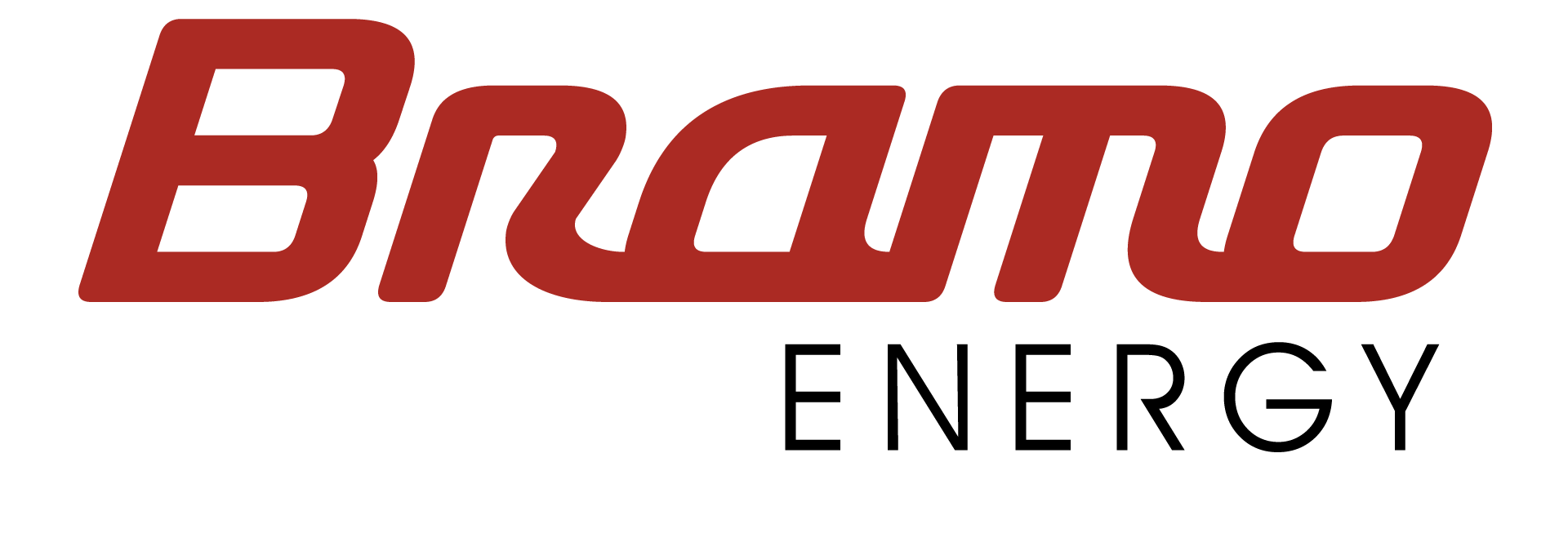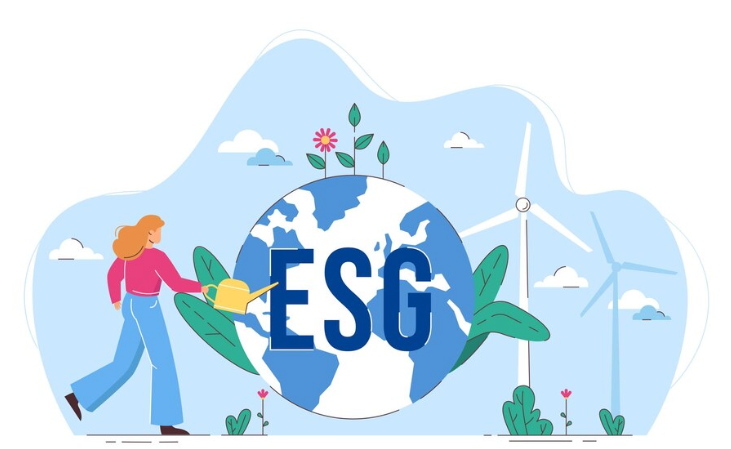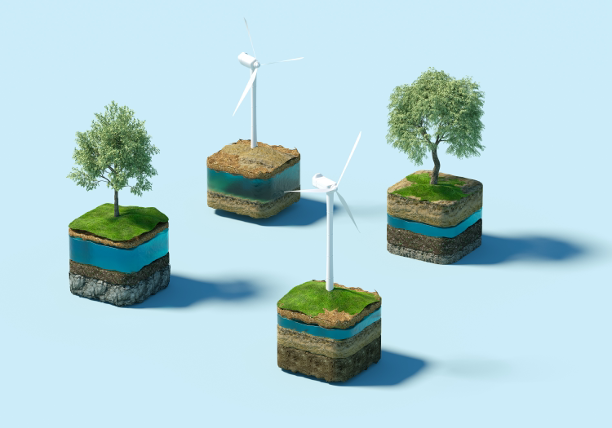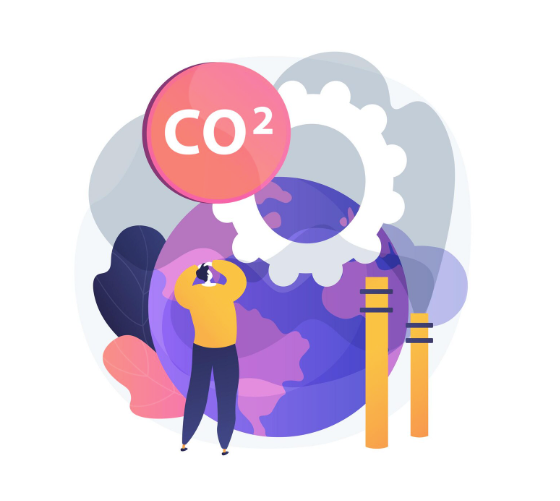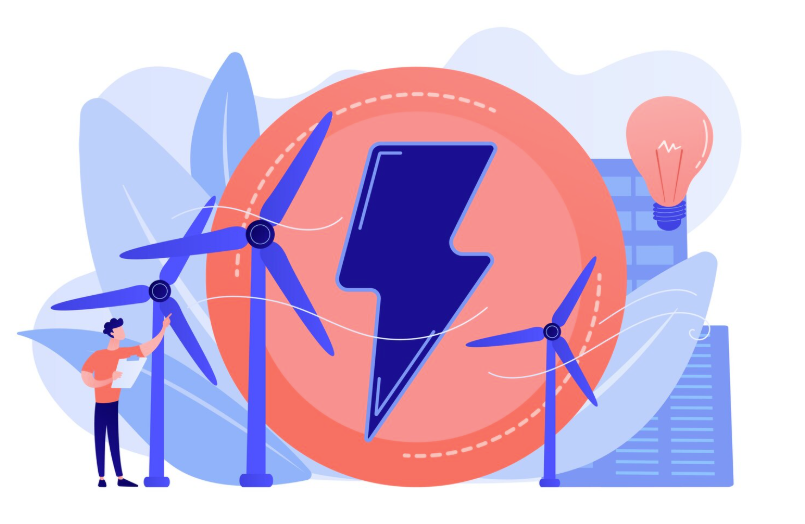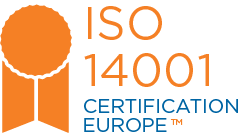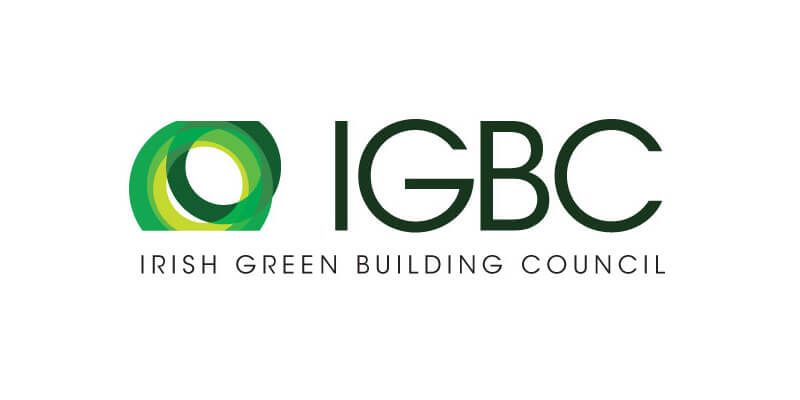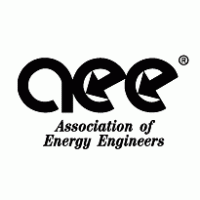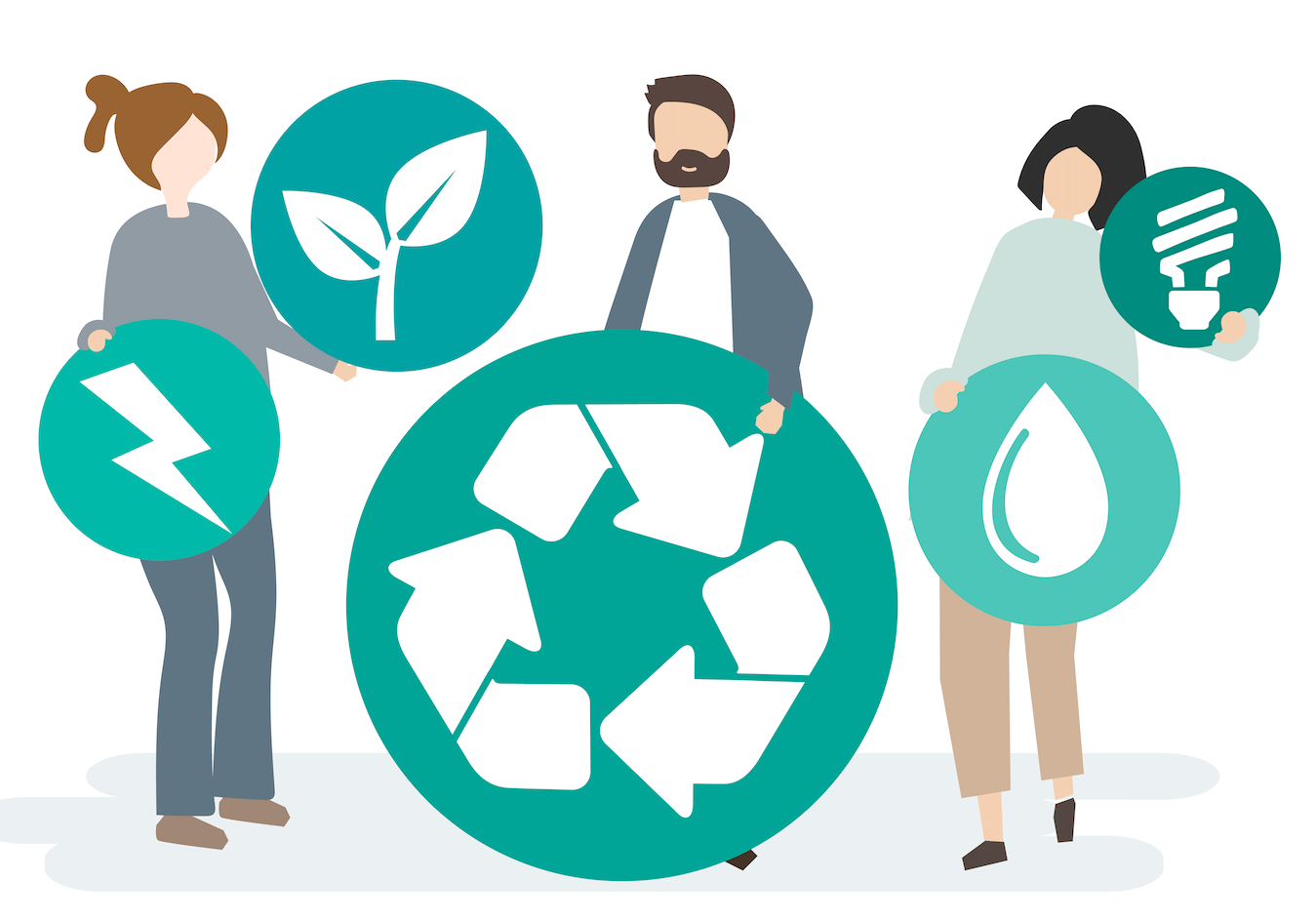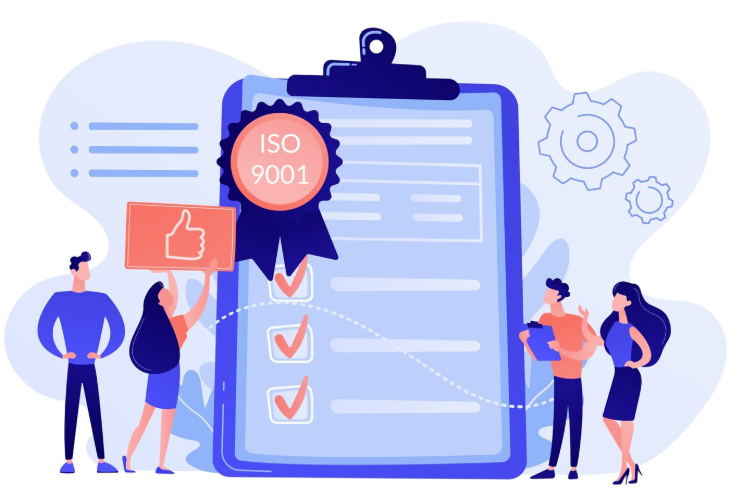
#Procurement #Sustainability #Energy Management #Energy Consultancy
SUMMARY.
What is renewable energy and how to certify it?
What are the differences in UK, Europe and USA?
Read on to find out more...
WHY PROCURE FOR RENEWABLE ENERGY?
Renewable energy procurement allows a business to claim to be using zero-carbon electricity, and thereby reduce the portion of their carbon footprint associated with purchased electricity.
HOW IS RENEWABLE ENERGY CERTIFIED?
Renewable energy certificates (RECs) are used in USA. The main equivalent in Europe are called Guarantee of Origin (GO) or Renewable Guarantee of Origin (REGO) in UK.
USA => RECs
EU => GO
UK => REGO
These are credits that represent the environmental and other non-power attributes of renewable electricity generation and are a component of all renewable electricity products (one REC/GO/REGO for every 1 MWh or 1,000 kWh).
RECs/GOs/REGOs are measured in single megawatt-hour increments and are created at the point of electric generation.
Buyers can select RECs/GOs/REGOs based on the generation resource (e.g., wind, solar, geothermal, etc), when the generation occurred, and the location of the energy source.
WHAT ABOUT CARBON OFFSET?
It is important to note that RECs/GOs/REGOs cannot be purchased as a method of carbon offset, but only carry the environmental attributes of renewable energy.
The two mechanisms (RECs/GOs/REGOs and Carbon offset) are different and serve different purposes:
- Carbon offsets allow companies to reduce their liability for greenhouse gas emissions, with each carbon offset financing a one-ton reduction in carbon dioxide (CO2e) emissions through a variety of projects.
- RECs/GOs/REGOs account only for renewable energy generation— most often electricity—and thus represent a direct impact on the energy system (in effect reducing emissions associated with power consumption).
I'D LIKE TO KNOW MORE ABOUT THE USA.
In the US, RECs on the voluntary market are generally sold unbundled, or de-coupled from the physical electricity delivered to the grid.
Companies can also procure bundled RECs that are tied to their local grid or participate in utility green programs that fund renewable energy development and REC purchasing by the utility.
Geography and type of states often plays a role in REC pricing.
I'D LIKE TO KNOW MORE ABOUT THE UK AND EUROPE.
In the EU/UK GOs/REGOs and RECs fulfil the same function and are of the same quality.
Where they differ is that GOs are issued by E.U. governments and are recognized in all E.U. Member States (where available) under the “RES Directive” (2001/77/EC and its successor, 2009/28/ EC), while the REGOs are issued in the UK by Ofgem (The Office of Gas and Electricity Markets).
On the contrary, RECs are issued by energy companies and may not be accepted by all countries.
GOs/REGOs/RECs enable producers of electricity from renewable energy sources or from high efficiency cogeneration to demonstrate that the electricity sold is produced from approved sources or technologies.
Each electronic GO/REGO/REC should detail the following in MWh:
- the source of the electricity
- the dates when it was produced
- the identity, location, type, and capacity of the production facility
- whether the GO relates to electricity, heating, or cooling
- whether and to what extent the installation has benefited from outside support
- the date when the installation became operational
- the date and country of issue
- unique identification number
WHAT ARE FEED-IN TARIFFS (FITs)?
A feed-in tariff is a policy mechanism designed to accelerate investment in renewable energy technologies.
FITs typically offer renewable energy producers a guaranteed access to the grid and long-term contracts based on the cost of generation of each technology.
The costs incurred are included in the electricity price and thus, passed on to the final consumers via their electricity bills.
For instance, producers using wind power receive a lower kWh price compared to producers using solar PV, who receive a higher price, reflecting higher costs. In addition, FITs often include “tariff degression”, a mechanism according to which the price (or tariff) ratchets down over time to track and encourage technological cost reductions.
ON PROCURING RENEWABLE ELECTRICITY.
The quality of the renewable electricity procurement is to be defined by the three main principles:
1. Energy Attributes
Exclusive ownership and claims of the energy attributes of the renewable electricity generated, either through onsite self-generation and consumption or via Renewable Energy Guarantees of Origins certificates (REGOs/GOs).
Each REGO/GO certificate represents the 'energy attribute', i.e., the zero GHG emissions, associated with 1MWh of renewable energy generated.
REGO/GO certificates must be retired on the Renewables and CHP national Register to prevent double counting of the energy attribute elsewhere.
2. Renewable Sourced
Renewable non-fossil fuel energy sources, that is, wind, solar, aerothermal, geothermal, hydrothermal and ocean energy, hydropower, biomass, landfill gas, sewage treatment plant gas and biogases.
3. Additionality
The principle of additionality applies when an organisation/consumer installs, self-generates and consumes renewable energy from their own facilities, or closes an electricity purchasing contract that contributes to the construction of new renewable energy facilities.
Projects that comply with the principle of additionality result in real and verifiable emission reduction or emission avoidance for the organisation / consumer, as their direct effect is to increase renewable energy generation.
Difference between "Energy Attribute" and "Renewable Sourced"
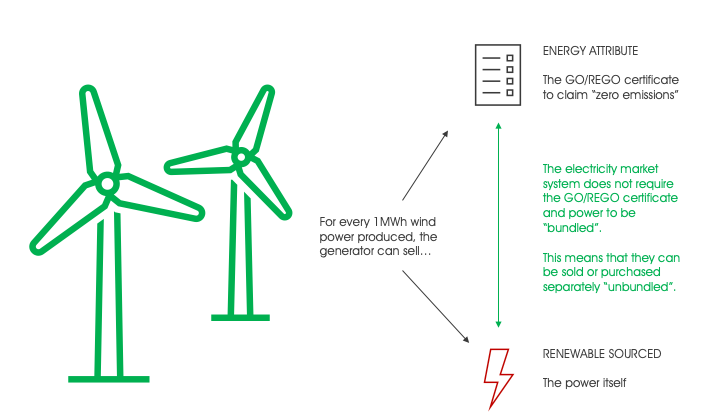
Would you like to know more?
Or do you have any questions about one or more of these topics?
Feel free to contact us at hello@bramoenergy.com.

